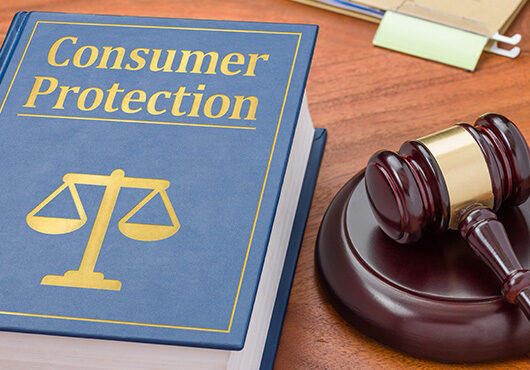In today’s financial landscape, maintaining a healthy credit score is crucial for various aspects of one’s financial life. However, when facing credit challenges, consumers often turn to credit repair services for assistance. While these services can be beneficial, it’s essential for consumers to understand their legal rights in the credit repair process. This article delves into the legal framework surrounding credit repair services and the rights consumers possess.
What are Credit Repair Services?
Credit repair services are companies that offer to improve individuals’ creditworthiness by identifying and addressing inaccuracies or errors on their credit reports. These services typically involve reviewing credit reports, disputing inaccurate information, and providing guidance on improving credit scores.
Legal Protections for Consumers
Several laws govern the credit repair industry to protect consumers from unfair practices and ensure transparency in the process. The key legal frameworks include:
- The Credit Repair Organizations Act (CROA): Enacted in 1996, CROA regulates credit repair services’ conduct and prohibits deceptive practices. Under CROA, credit repair companies must provide consumers with a written contract outlining the services offered, the duration of the contract, and the total cost. Additionally, consumers have the right to cancel the contract within three days without incurring any charges.
- Fair Credit Reporting Act (FCRA): FCRA mandates accuracy, fairness, and privacy of information in credit reports. Consumers have the right to dispute inaccurate information on their credit reports and request investigations from credit bureaus. Credit repair services play a role in facilitating this process by assisting consumers in identifying and disputing errors.
- The Telemarketing Sales Rule (TSR): TSR prohibits deceptive and abusive telemarketing practices, including false promises regarding credit repair outcomes. Credit repair companies must adhere to TSR’s provisions when engaging consumers through telemarketing activities.
Consumer Rights in Credit Repair
Understanding the legal rights afforded to consumers is paramount in navigating the credit repair process effectively. Consumers have the following rights when engaging with credit repair services:
- Right to Information: Consumers have the right to receive accurate and truthful information about the services offered, including the cost, timeframe, and potential outcomes of credit repair efforts.
- Right to Dispute Inaccuracies: Under FCRA, consumers have the right to dispute inaccuracies on their credit reports directly with credit bureaus. Credit repair services can assist consumers in preparing and submitting dispute letters to address errors.
- Right to Cancellation: CROA grants consumers the right to cancel credit repair contracts within three days of signing without penalty. This provision allows consumers to reconsider their decision and ensures they are not bound to unfavorable agreements.
- Right to Privacy and Security: Consumers’ personal and financial information must be safeguarded by credit repair companies to prevent unauthorized access or misuse.
- Right to Legal Recourse: Consumers have the right to take legal action against credit repair companies that engage in deceptive or unlawful practices, seeking damages and restitution for any harm incurred.
Conclusion
In conclusion, credit repair services play a vital role in helping consumers address credit-related challenges and improve their financial standing. However, it is essential for consumers to be aware of their legal rights and protections when engaging with these services. By understanding the legal framework outlined by laws such as CROA, FCRA, and TSR, consumers can make informed decisions and advocate for their rights throughout the credit repair process. Empowered with knowledge, consumers can effectively navigate the complexities of credit repair and work towards achieving their financial goals.










